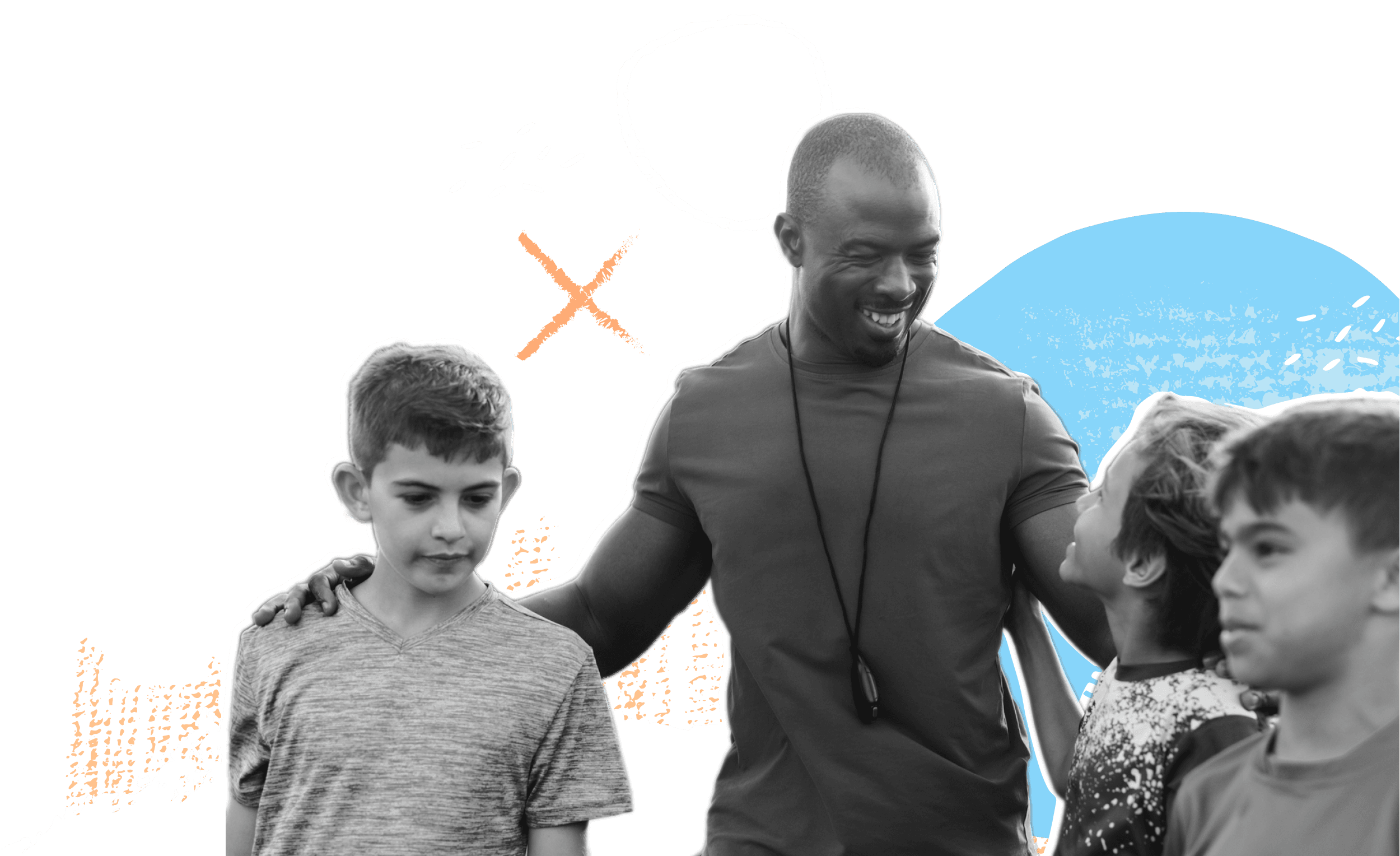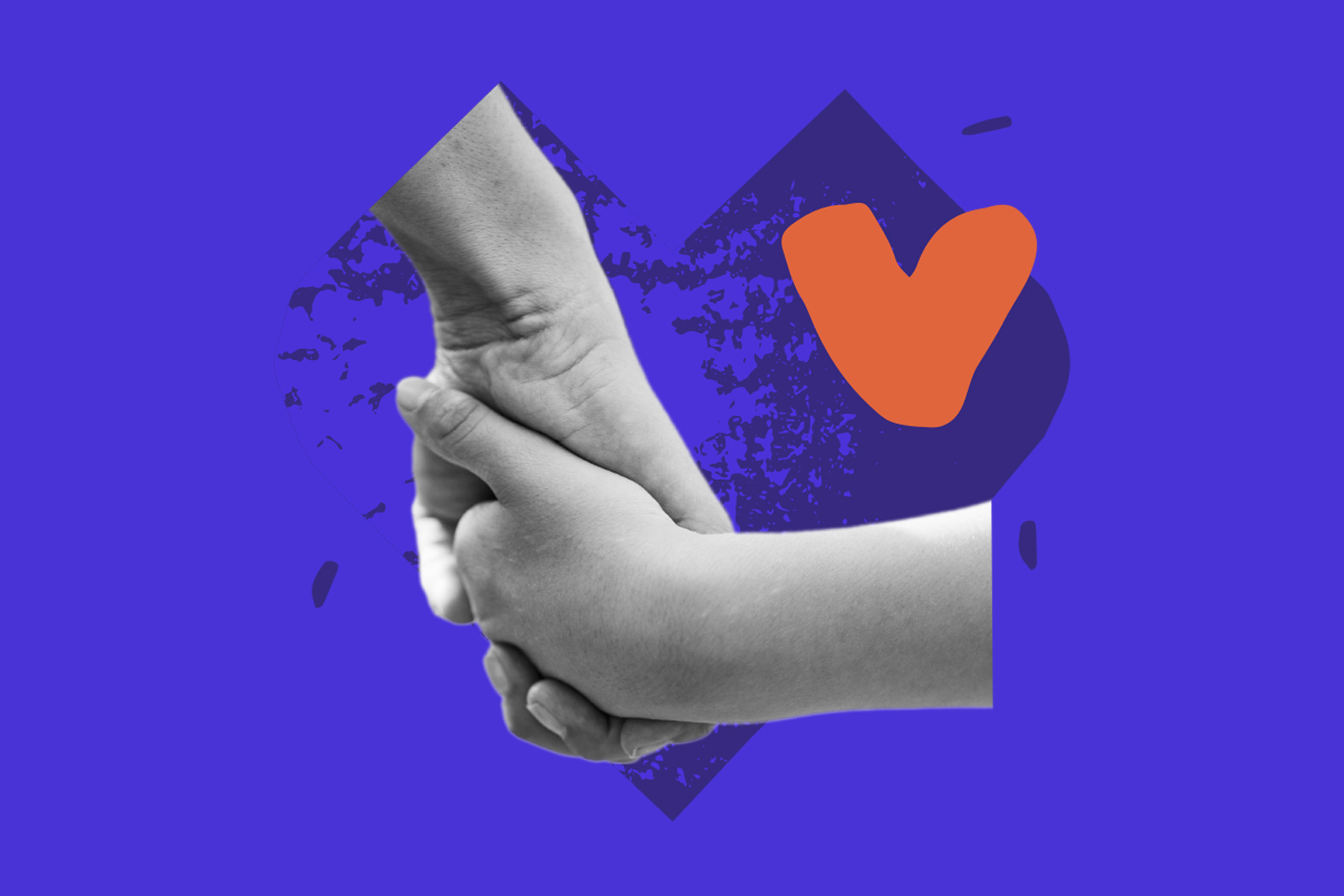1. What we see in the media isn’t reality and it affects us
All of my interviewees mentioned that although there has been more diversity in the media recently, we still have a long way to go. While some of them have worked on unfollowing social media accounts that make them feel insufficient, others still find themselves in a state of comparison.
How Adults Can Help:
To combat this comparison, I recommend working to help your teenager stay connected to real life. Spending too much time looking at social media can lead teenagers to develop a negative relationship with their bodies.
2. However, social media can have both positive and negative effects on our mental health.
A lot of the time, social media is viewed as a platform that fosters constant negative comparisons between teenagers. Some of my interviewees mentioned that when they spent too much time on Instagram or TikTok, they would find themselves comparing their lifestyles with people that they followed. However, my other interviewees mentioned positive aspects of social media as well. Social media helped two of them find community during their eating disorder recovery by following body-positive and real nutrition-focused accounts.
How Adults Can Help:
Because social media has both positive and negative effects, the biggest thing you can do as an adult and role model in your teenager’s life is to help them stay connected; ask them to reach out to friends, participate in extracurricular activities, and spend time with their family.
No matter how positive your teenager’s relationship with social media may be, it’s still important for them to experience real life.
3. It is difficult to prevent your kids from having an introduction to diet culture—so do your part not to reinforce it!
Out of my five interviewees, four of them remember hearing about diet culture (the need to restrict what you eat for the sake of your appearance) sometimes in lower school. They weren’t introduced to it by a teacher or by their parents. Instead, they saw it in magazines, in cookbooks, and on the television. Based on their responses, we can assume that as long as the media and diet culture exist, this initial introduction is inevitable. More importantly, each of my interviewees recalled a time after this initial introduction when they felt diet culture was reinforced: when their doctor recommended they lose weight, when their parents started dieting, or when their friends talked about wanting to be skinny.
How Adults Can Help:
As a role model in your teenager’s life, you can’t prevent them from being introduced to diet culture. However, modeling a healthy relationship with food and with your body can help them to build a positive relationship with themselves. Take our pledge to stop diet and weight talk, and practice these simple changes to have a positive impact on your teenager!




